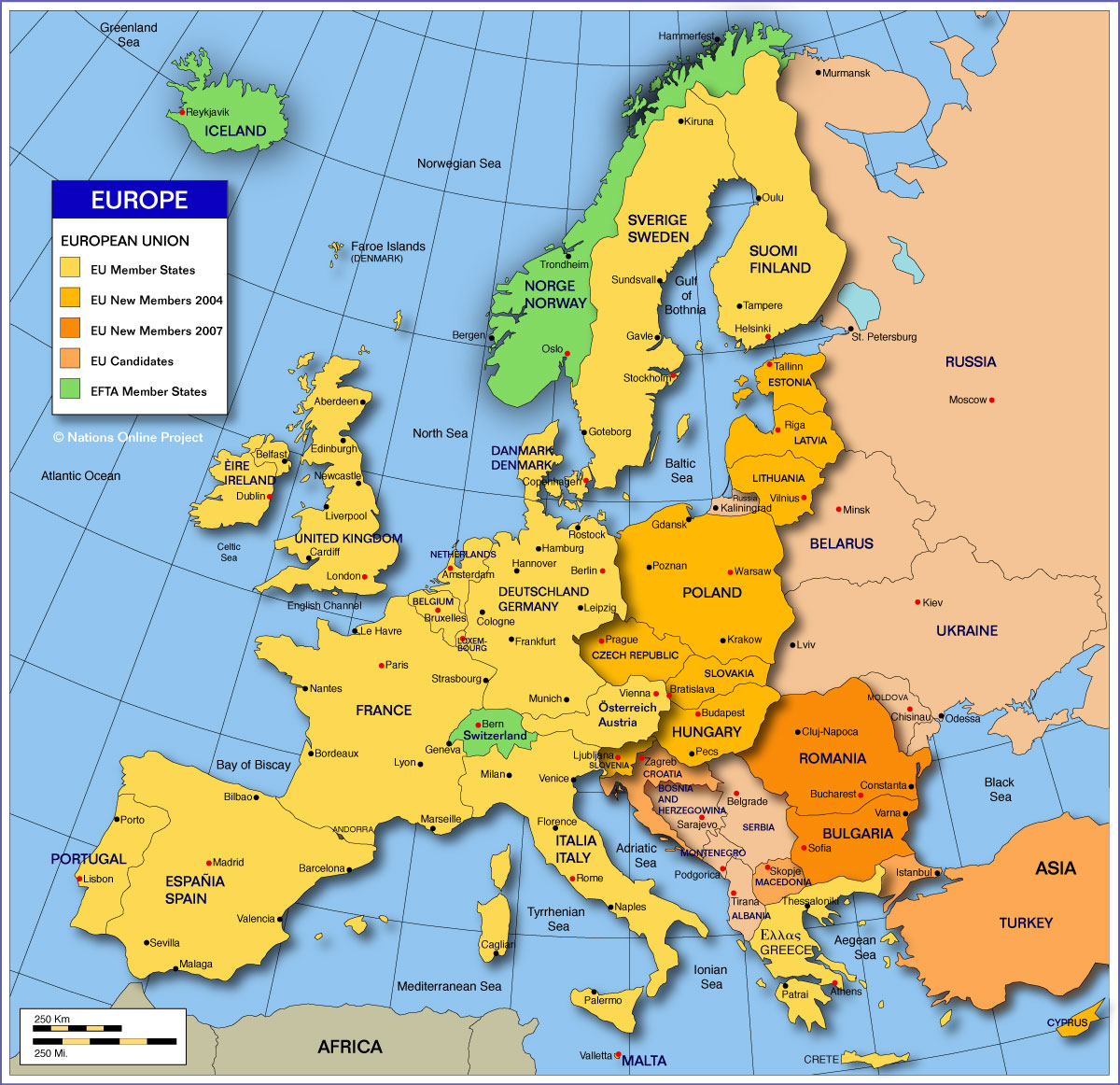Research firm Markit set final numbers for Europe’s PMI. The index for September rose to 46.1, from 45.1 in August, and was revised up from a preliminary estimate of 46.0. But a figure below 50 indicates a contraction. And, in this case, the contraction is severe. The awful movement of cause and effect in Europe’s economy means that exports have slowed, consumer spending has been crippled and trade between nations in the region has fallen.
The numbers should have an effect on the policy plans of the European Union, International Monetary Fund and European Central Bank as regards pressure for austerity budgets among Europe’s weaker nations, and cause at least modest concrete interest in stimulus for these economies. But nothing in the policy plans of the three organizations that control the bailout of the region’s troubled countries will change. There is already plenty of evidence that factory activity and most other indications of national financial health have crumbled across Europe. In the past two days, Greek officials have said its gross domestic product will drop at a faster-than-expected rate, and Spanish politicians have said their 2013 deficit will be above projections. Data that show that a terrible recession already has begun have not caused an even tiny change in bailout policy.
It is hard to imagine that the runaway train of Europe’s economic trouble has not helped tip the scale of relief plans toward suggestions led by France that weak nations need some aid. With Germany out in front, the belief that budget cuts will solve trouble continues to prevail. There was some brief hope that the ECB would circumnavigate Germany’s resistance. But the bank said it will only buy sovereign bonds of desperate nations if they agree to bailout terms set by the EU. And the EU continues to make those terms confining and not part of a liberal investment of capital to prime the region’s economic pump.
Each month, the numbers which show PMI, GDP and unemployment in Europe get worse. But none of this has changed bailout plans in any significant way.
Douglas A. McIntyre
100 Million Americans Are Missing This Crucial Retirement Tool
The thought of burdening your family with a financial disaster is most Americans’ nightmare. However, recent studies show that over 100 million Americans still don’t have proper life insurance in the event they pass away.
Life insurance can bring peace of mind – ensuring your loved ones are safeguarded against unforeseen expenses and debts. With premiums often lower than expected and a variety of plans tailored to different life stages and health conditions, securing a policy is more accessible than ever.
A quick, no-obligation quote can provide valuable insight into what’s available and what might best suit your family’s needs. Life insurance is a simple step you can take today to help secure peace of mind for your loved ones tomorrow.
Click here to learn how to get a quote in just a few minutes.
Thank you for reading! Have some feedback for us?
Contact the 24/7 Wall St. editorial team.



